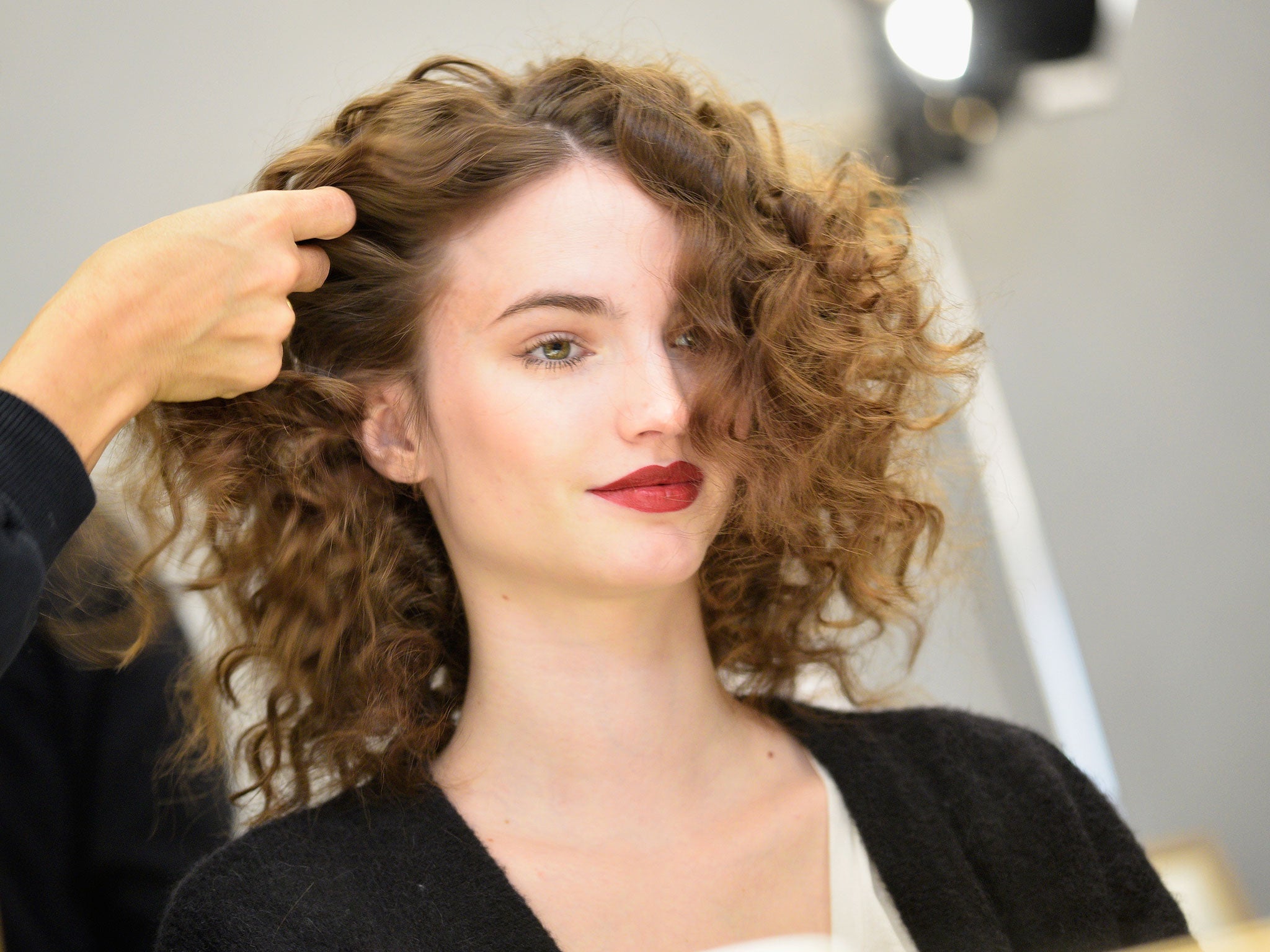The truth about how often you should wash your hair, according to science
Ever wondered 'Why does my hair get greasy, and how often should I wash it?'

You've probably wondered how often you need to wash that (sometimes greasy, sometimes not) hair of yours.
The question is a vexing one.
It's so common, in fact, that it's the third suggestion that pops up when typing "how often" into Google (following queries about showering and pooping).
Outside the shower, our scalps gradually get shinier, darker, and more oily.
So why does it happen, and how often should you wash to keep the grease at bay?
The root of the issue
Your hair gets greasy for the same reason your face gets oily: glands in the skin produce an oily substance called sebum. Sebum is what moistens hair and keeps it from drying out.
The glands that produce sebum (called sebaceous glands) are located next to hair roots in the layer of skin called the dermis. Channels from the sebaceous glands lead to the hair follicle — that's how sebum gets out of the skin and onto your scalp. Take a look:
The key thing about sebum is this: Each of us produces a different amount.
Everything from genetics and hormones affects how much sebum we produce at a given time, Kaiser Permanente dermatologist Paradi Mirmirani told Business Insider in an email. The hormones responsible for extra sebum production spike during puberty, which is what causes so many of us to have extra greasy hair and acne during those lovely years.
How much washing is right for you?
While the answer is different for everyone, no one should need to wash his or her hair every day, says Mirmani.
Washing too often, in fact, can do more harm than good, dermatologist and director of Boston Medical Center's hair clinic Lynne Goldberg told Business Insider.
"It's paradoxical, but people who wash their hair a lot to get rid of oil are drying out their scalp and producing more oil," Goldberg said.
Besides avoiding washing every day, there are other things to keep in mind when trying to determine the right amount of washing for you. Here are the three main important factors:
1. Skin type
If your skin and hair are anywhere from normal (not super oily and not super dry) to dry, you probably only need to wash it once or twice a week, according to a Columbia University health column. If you have a greasy scalp, you probably need to wash your hair more often.
2. Hair texture
Texture matters because it affects how quickly sebum works its way from your roots through the length of your hair. Coarse or curly hair slows down sebum's spread, so if you have hair like this you may only need to shampoo once a week, say the experts at Columbia. On the other hand, people with fine, straight hair will likely need to shampoo twice a week or more.
Personally, I go about two days without washing my curly hair. In between shampoos, I rinse my hair, massage my scalp, and apply conditioner to the ends of my hair.
3. Styling
Another thing to consider is the paces you put your hair through styling and treating it. If your hair is processed or damaged by styling, you should wash it less frequently, says Mirmirani.
But that's something you'll have to find out for yourself. I've figured out what works for my hair purely by experimentation.
So don't be afraid to go a couple days without shampooing and see if you like what happens.
This post is part of a continuing series that answers all of your questions related to science. Have your own question? Email science@businessinsider.com with the subject line "Q&A"; tweet your question to @BI_Science; or post to our Facebook page.
Read more:
• Barack Obama says Britain is a 'free rider'
• These tweets nail the absurdity of many tech offices
• 4 reasons why the Irish economy killed it in 2015
Read the original article on Business Insider UK. © 2015. Follow Business Insider UK on Twitter.
Join our commenting forum
Join thought-provoking conversations, follow other Independent readers and see their replies
Comments
Bookmark popover
Removed from bookmarks